
10-7 #NationalHolidays : Huawei is planning a secret chip startup that can unleash it from the US Sanctions to some extent; Samsung has begun production of 89” MicroLED TVs during 3Q22; Google has reportedly requested more than 8M units for its Pixel 7; etc.

Google says the Tensor G2 processor can give the phone twice the speed of night vision processing and sharper photos (Face Unblur), as well as improved Super Resolution scaling (up to 30x on the Pixel 7 Pro). Google seems to be sticking with the same architecture as the previous generation, with two big Arm Cortex X1 cores, two big A78 cores (higher than the Tensor G1’s A76 core), and four smaller Arm A55 cores, which have also appeared in in the G1 chip. Google is simply saying that the G2 has a “next-generation Google custom TPU” that enables certain machine learning tasks to run 60% faster and 20% more efficiently. However, the G2 processor has an upgraded graphics chip and is now an Arm Mali G710.(CN Beta, Android Police, XDA-Developers)
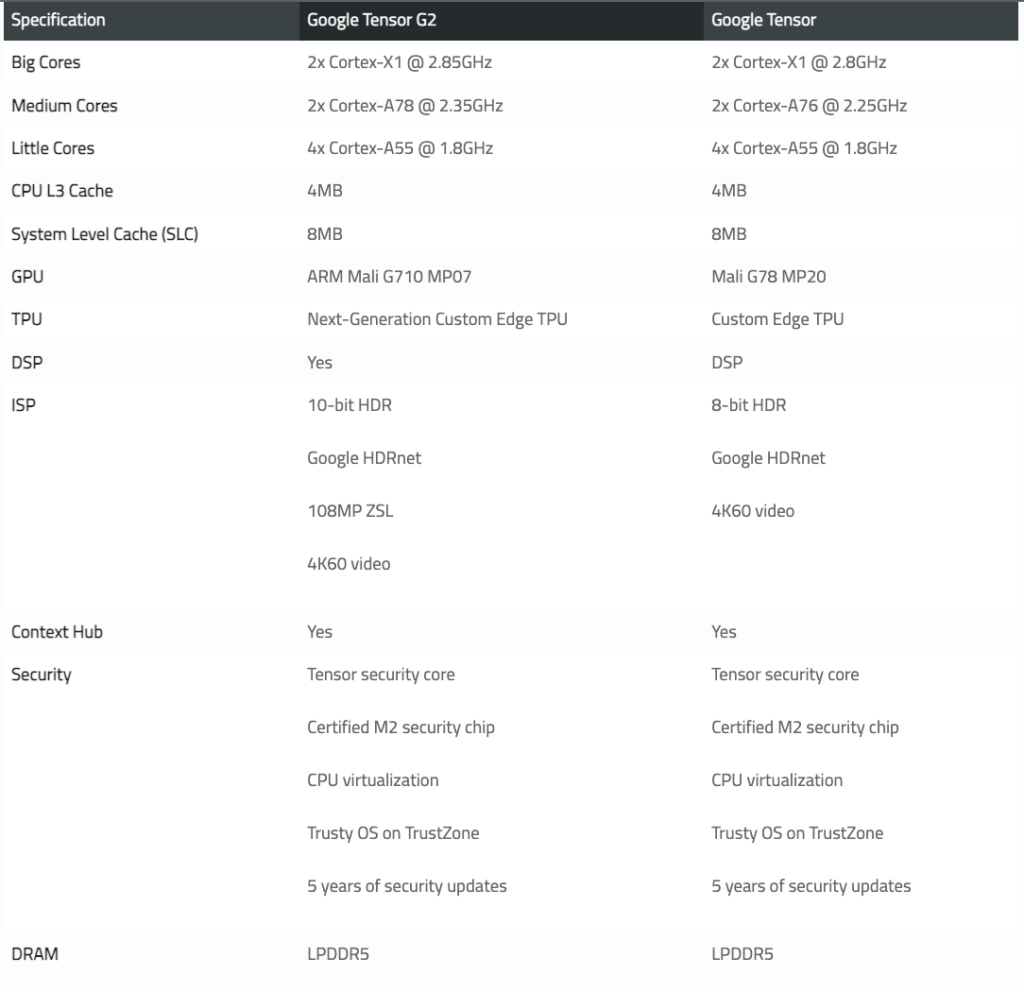
Huawei is planning a secret chip startup that can unleash it from the US Sanctions to some extent. The company has started hammering the Shenzhen ground to build a new semiconductor manufacturing plant to get a ‘relief breathe’ from prohibition. A former executive of Huawei is helping the company greatly. The PXW (Pengxinwei IC Manufacturing) firm, run by an ex-Huawei executive is supporting the chip startup to limit the US Sanctions. Consequently, PXW will help in delivering most of the output materials to Huawei by 1H23. If this round-up succeeds, then the startup could help Huawei in bypassing the US regulations that have choked the flow of chips for the company. PXW informs its objective for working on 28nm technology. Currently, the firm will target 14nm and 7nm chip making. (Gizmo China, Bloomberg, Huawei Central, Zaobao, RFA)
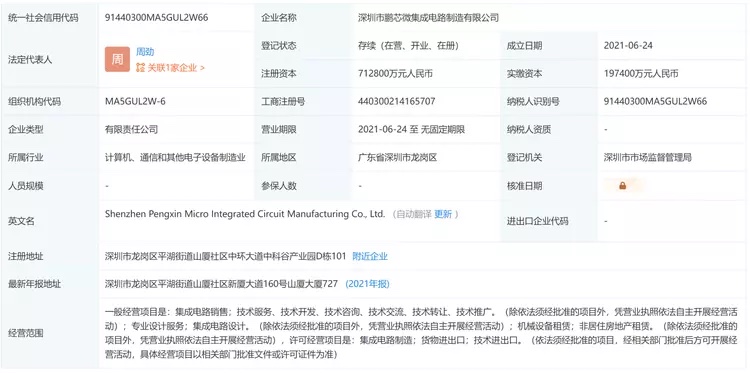

Samsung has begun production of 89” MicroLED TVs during 3Q22. It is Samsung’s first MicroLED TV that uses low-temperature polycrystalline silicon (LTPS) thin-film transistor (TFT) glass substrates instead of the printed circuit boards used in prior models. Samsung has made the change to support 4K resolution in smaller LED sizes of its latest models. Its other LTPS TFT MicroLED TVs that are 101” and 114” in sizes have not started production. In addition, all three sizes use 34 x 85 micron LED chips provided by Taiwan-based LED company PlayNitride. These are also the smallest LED chips Samsung has ever used. (GizChina, IT Home, SamMobile, The Elec)
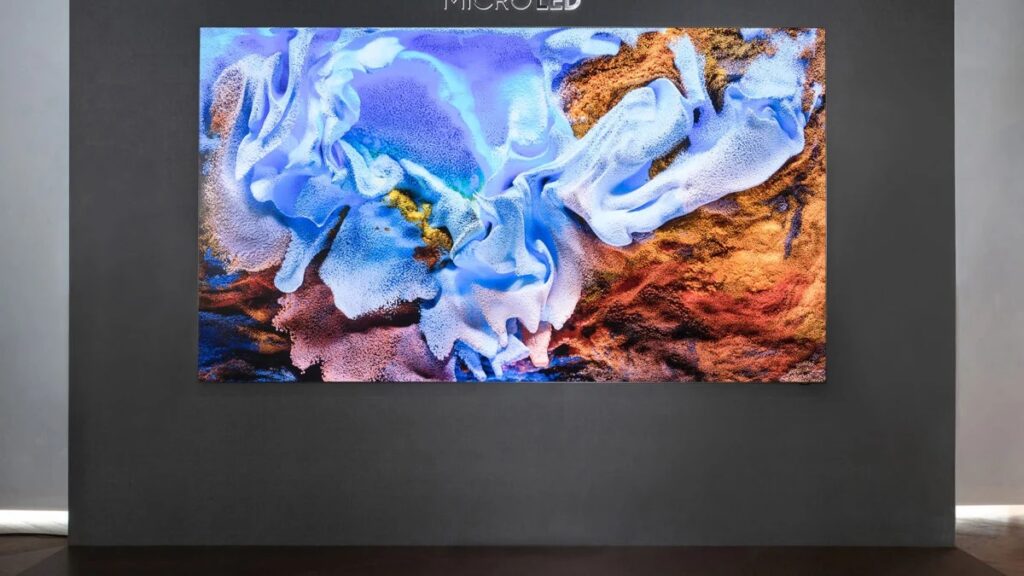
TrendForce indicates, overall utilization rate of LCD large generational fabs of Gen.5 and above (in terms of wafer starts) slipping to 60% in 4Q22 cannot be ruled out, which would be the lowest level in the past 10 years. Sluggish panel demand and the fact that most panel makers have officially turned from profit to loss in 2Q22 are the key factors forcing panel makers to take a more rigorous approach to production control in 2H22. TrendForce states that the timing of purchasing volume adjustment on the part of IT brands lags relatively and its effect of shrinking orders quite sedate, resulting in the current market’s high inventory level still awaiting disposal. Since Gen. 5 to Gen. 6 are the production centers of IT panels, 4Q22 utilization rate is expected to drop by 5.9 percentage points compared to 3Q22 to 48.2% due to weak demand. (Laoyaoba, TrendForce, TrendForce)

Jung-bae Lee, President and Head of Memory Business at Samsung Electronics, has revealed that Samsung has made 1T-GB of total amount of memory since its beginning over 40 years ago. About half of that trillion was produced in the last 3 years alone. Samsung’s 1b DRAM is currently under development with plans for mass production in 2023. To overcome challenges in DRAM scaling beyond the 10nm range, the company has been developing disruptive solutions in patterning, materials and architecture, with technology like High-K material well underway. The company then highlighted upcoming DRAM solutions such as 32Gb DDR5 DRAM, 8.5Gbps LPDDR5X DRAM and 36Gbps GDDR7 DRAM that will bring new capabilities to data center, HPC, mobile, gaming and automotive market segments. The company has also noted that its 9th-generation V-NAND is under development and slated for mass production in 2024. By 2030, Samsung envisions stacking over 1,000 layers to better enable data-intensive technologies of the future.(Samsung, SamMobile, My Drivers, Forbes)



Market research firm SNE Research has revealed that the global EV battery usage was 287.6 GWh in Jan-Aug 2022, up 78.7% from a year ago. The use of CATL EV batteries increased 114.7% YoY to 102.2 GWh and the company’s market share rose from 29.6% to 35.5%. In contrast, the market share of LG Energy Solution dropped from 22.3% to 13.7% and the combined market share of SK On, Samsung SDI and LG Energy Solution fell from 33.5% to 25%. The use of BYD EV batteries increased more than 192% YoY. (Business Korea, SNE Research, CN Beta)
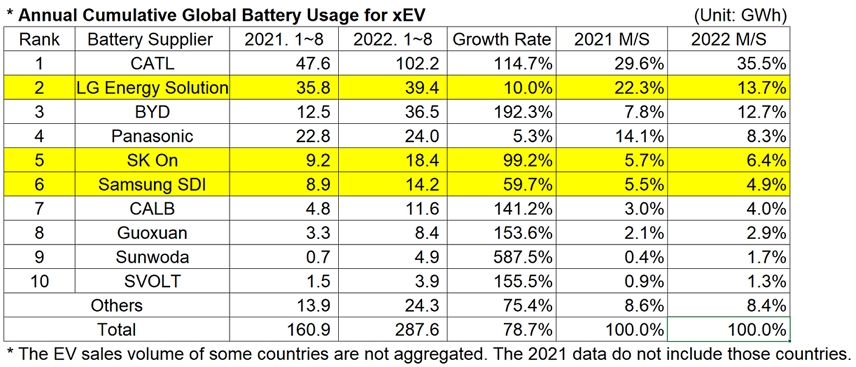

Google has reportedly requested more than 8M units for its Pixel 7 range. It has told several suppliers it roughly aims to double its smartphone sales for 2023 compared with 2022. Google is also preparing for launch orders of about 4M units for a budget Pixel handset that is set to launch early 2023. (GSM Arena, Asia Nikkei, 9to5Google)
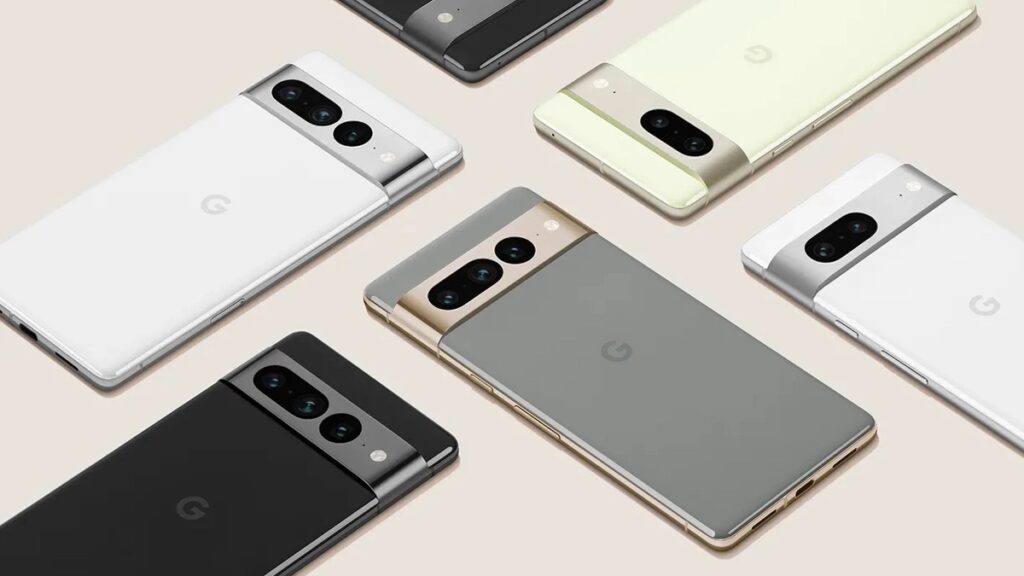

Wings, a manufacturer of gaming and audio devices, has announced a partnership with Optiemus Electronics, an Indian electronics manufacturer, to produce a line of products locally. With this plan, Wings would make all of its products, like sound bars, speakers, keyboards, and almost all of its other computer and gaming accessories, in India. The cutting-edge production facility of Optiemus Electronics in Noida, Uttar Pradesh, which can presently produce 1.5M TWS earbuds each month, will be extremely beneficial to the cooperation. (Fonearena, Gizmo China)
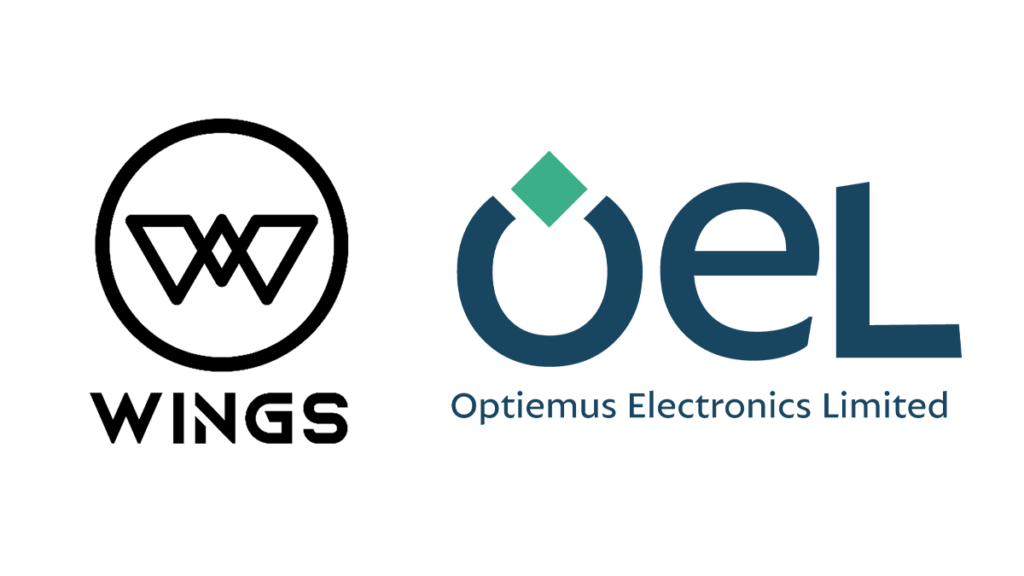
Reliance Jio has now reportedly launched Reliance JioBook, which is an affordable laptop priced at INR15,000 (USD184). The company has joined hands with global giants Qualcommm and Microsoft to deliver a budget laptop, called the JioBook which comes with an embedded 4G sim card. As per the report, Qualcomm will power Reliance Jio’s upcoming laptops, while Microsoft will provide apps support. Jio plans on making the upcoming laptop available to enterprise customers such as schools and government institutes from Oct 2022 itself. The upcoming budget laptops by Reliance Jio will be produced in India itself by Flex.(My Drivers, India Times, Hindustan Times)
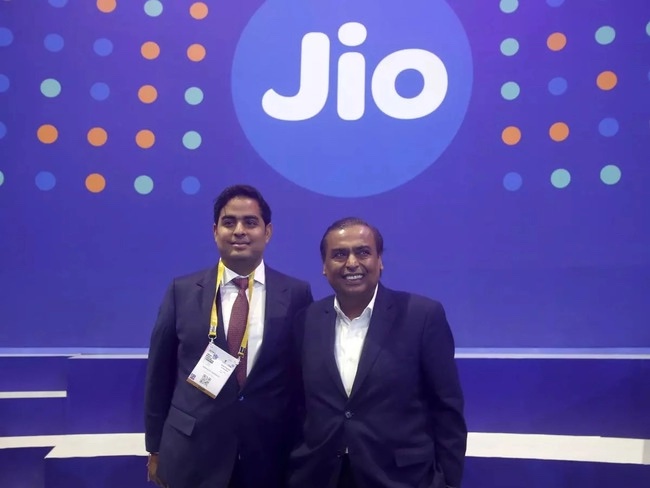

Matterverse, which is a cloud-rendered metaverse editor, has secured 10 partnership for its cloud-native metaverse platform. It also raised a second round of funding on the idea that the metaverse does not have to be complicated. Matterverse is also launching a beta version of its open metaverse and it has added 10 metaverse and Web3 brands to its community. They include Digifun, Magipop, MetaStreetMarket, NetEase, StarHeir, AptosYo, WonderfulDay, Voka AI and more.(VentureBeat, Game-News24)


Motional, a global driverless technology company, and Uber Technologies forged a commercial agreement to offer fully driverless rides using Motional’s new all-electric IONIQ 5-based robotaxis. Motional is an autonomous driving joint venture between Hyundai Motor and Aptiv. The 10-year, multimarket agreement creates the opportunity for effective scaling and broad adoption of AVs by pairing Motional’s advanced driverless technology with Uber’s network of millions of customers. (TechCrunch, Yahoo, The Verge, CN Beta)
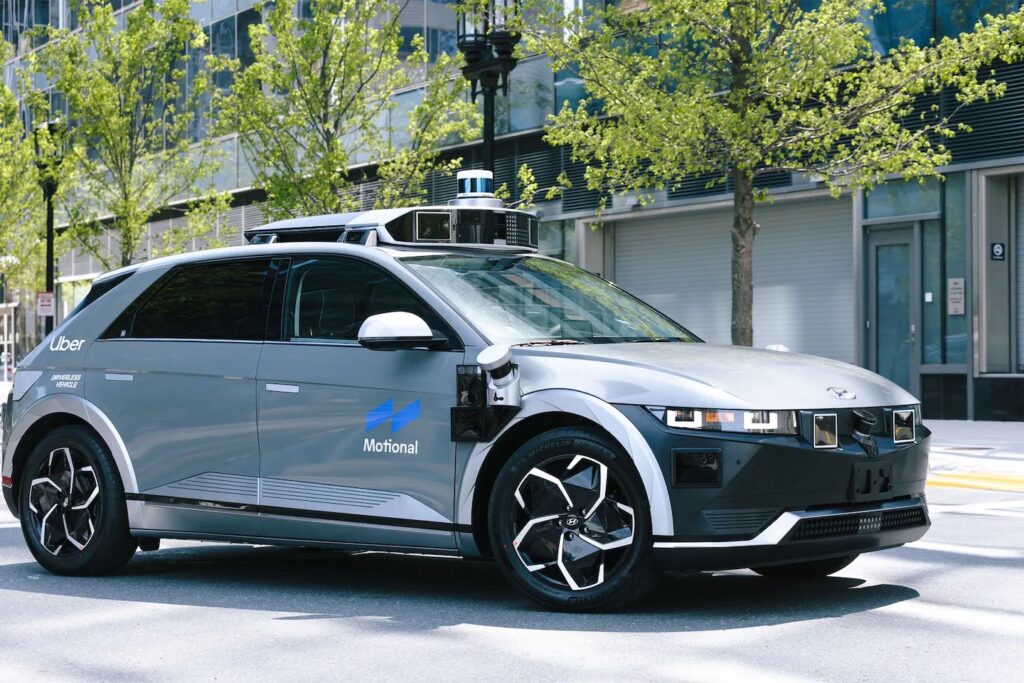
Aeroporti di Roma (ADR), Atlantia, UrbanV, and the pioneer of urban air mobility (UAM), Volocopter, have successfully completed the first crewed eVTOL test flights in Italian airspace. These tests were part of a mobility ecosystem setup at Fiumicino’s Leonardo da Vinci International Airport. This is a key milestone toward the envisioned rollout of advanced air mobility (AAM) services in Rome by 2024, with the partners having initiated operations of the first fully functional vertiport in Italy. Volocopter’s test pilot aboard the electric Volocopter 2X flew 40 km/h for 5 minutes at 40 meters height along a “figure 8” flight path. (CN Beta, TechCrunch, Automotive World)
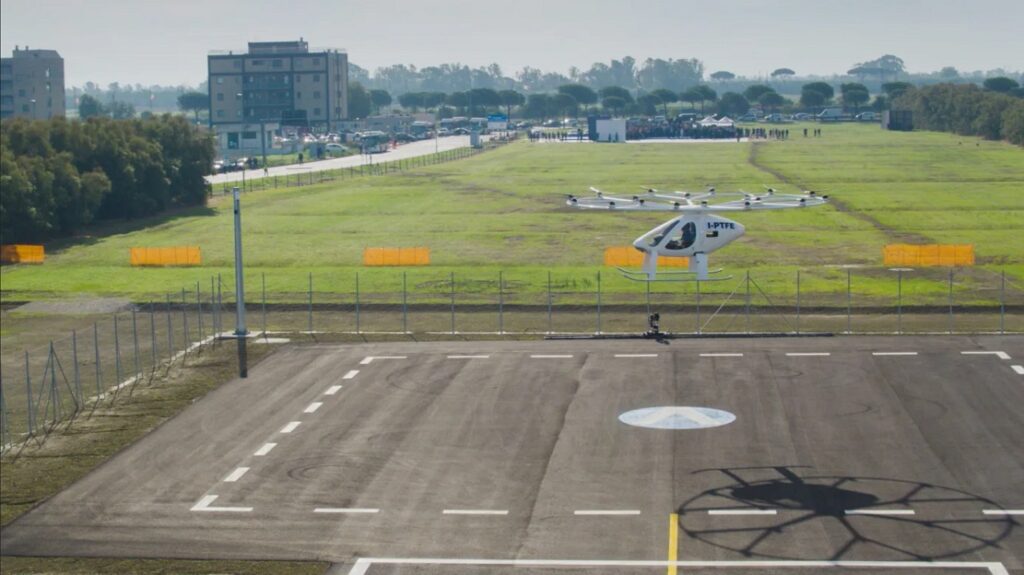
Tesla has started production on its long-awaited Semi truck, and plans to start delivering it to Pepsi by 1 Dec 2022. Pepsi has ordered 100 of the electric transport vehicles in Dec 2017. Tesla promises that the Semi can accelerate from 0 to 60mph in 20 seconds even when “fully loaded” and keep up “highway-level speeds even up steep grades”. It also promises that it be able to recharge up to 70% of its 300 or 500-mile range in 30 minutes. (The Verge, TechCrunch, Twitter)
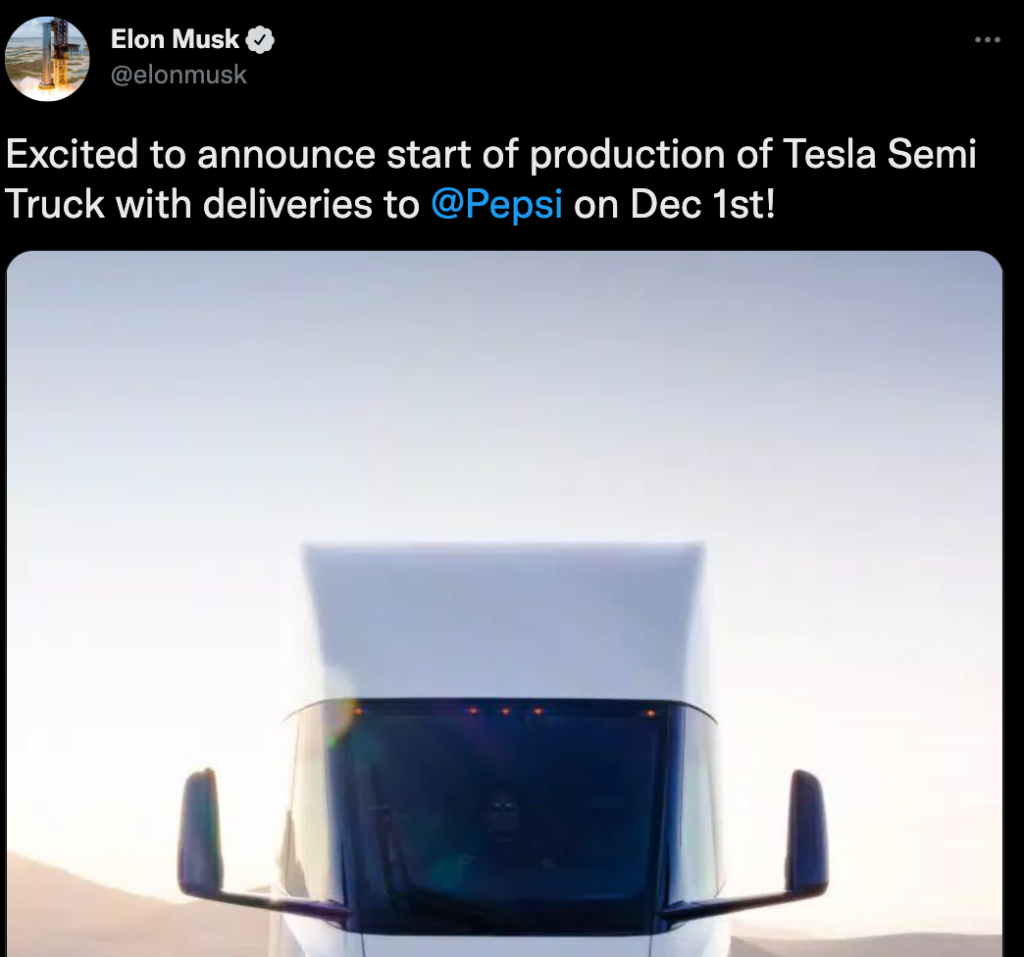
Arrival has announced that it has produced the first production verification vehicle from its Bicester Microfactory. Arrival produced the first Van in a Microfactory using in-house technologies, including composite materials, autonomous mobile robots, in-house components and a software defined factory. The milestone is proof that Arrival’s microfactory concept, which are highly automated small-footprint facilities where it plans to build its vehicles, is working.(The Verge, Arrival)
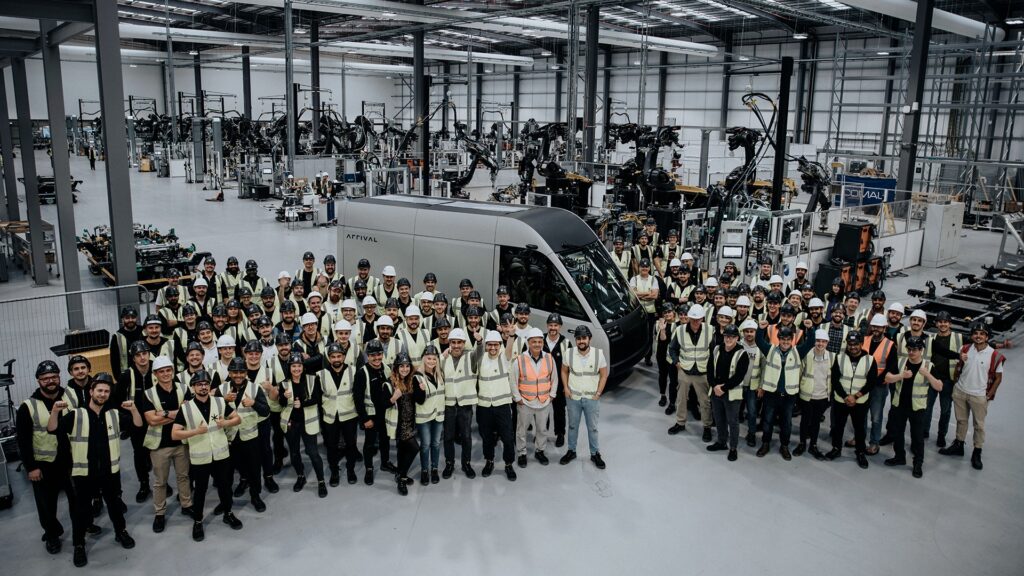

University of Dundee has developed a fully automated artificial intelligence-enabled system that can scan retinal images for vascular health, helping identify those at high risk of heart disease and stroke. The AI system is dubbed QUARTZ ((QUantitative Analysis of Retinal vessels Topology and siZe) and a new study put the algorithm to the test on more than 88,000 retinal images from two large ongoing population health studies. Each person included in the study had an average of seven to nine years of follow-up data, allowing the researchers to evaluate the predictive capacity of the system. The results showed the AI-driven system (when incorporated with age, sex, smoking status and medical history) could deliver 10-year risk scores for stroke and heart disease equal to one of the most commonly used diagnostic tools called the Framingham Risk Score (FRS). (CN Beta, New Atlas, BMJ, Core, Science Direct)
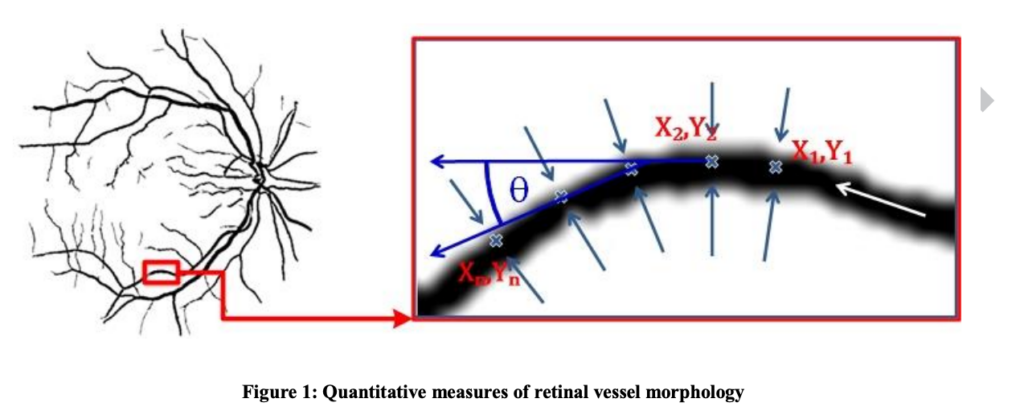
Partnering with Apple, Amazon, Google, Meta, and Microsoft, as well as non-profits, University of Illinois (UIUC)’s Speech Accessibility Project tries to expand the range of speech patterns that voice recognition systems can understand. This includes a focus on speech affected by diseases and disabilities, including Lou Gehrig’s disease, Amyotrophic Lateral Sclerosis, Parkinson’s, cerebral palsy, and Down syndrome. Under the Speech Accessibility Project, samples will be collected from individuals “representing a diversity of speech patterns,” to create a private and de-identified dataset. That dataset, which will focus on American English at first, could then be used to train machine learning models to better cope with the speech. (Apple Insider, UIUC)
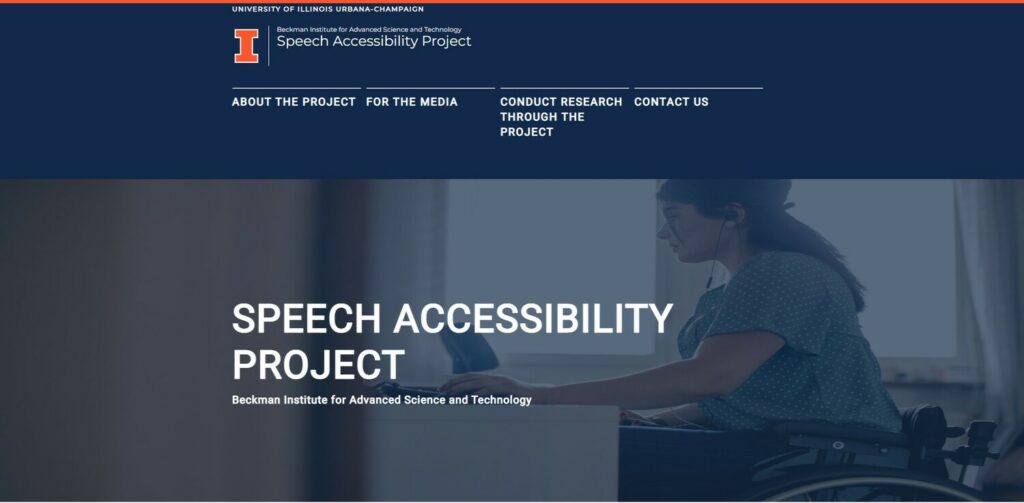
Facebook’s parent company Meta is announcing Make-A-Video, a new AI system that lets people turn text prompts into brief, high-quality video clips. Make-A-Video builds on Meta AI’s recent progress in generative technology research and has the potential to open new opportunities for creators and artists. The system learns what the world looks like from paired text-image data and how the world moves from video footage with no associated text. (The Verge, Facebook)

Meta AI has announced that the governance of PyTorch, a popular open source deep-learning framework, has moved to an independent organization called the PyTorch Foundation. It will operate as part of the nonprofit Linux Foundation, and its governing board includes representatives from Nvidia, Meta, Google, Microsoft, Amazon, and AMD. Meta cites more than 2,400 contributors and 150,000 projects built on the framework. (Reuters, Ars Technica, CN Beta, Meta)


Amazon has announced Amazon Catalytic Capital, a new initiative to invest USD150M in venture capital (VC) funds, accelerators, incubators, and venture studios that provide funding to entrepreneurs from underrepresented backgrounds, primarily at the pre-seed / seed stage of venture capital funding. The company will invest in funds that focus on Black, Latino, Indigenous, women, and LGBTQIA+ founders. Amazon expects to support more than 10 funds and over 200 companies through 2023.(Neowin, Amazon)